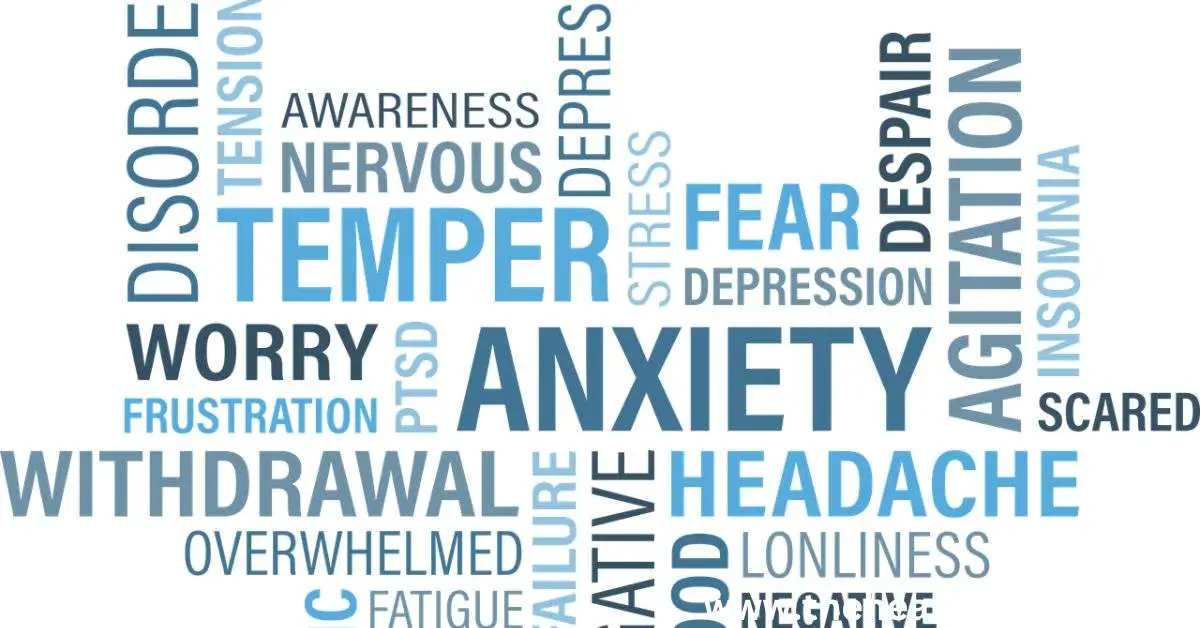Treatments For Managing Chronic Illness Symptoms
The treatments for managing chronic illness symptoms and improving your quality of life. Discover the many possibilities and settle on the strategy that caters most closely to your requirements by doing some research. In order to successfully manage a prolonged disease, it is vital to get support from the symptoms that accompany the condition.

Managing the symptoms of a chronic disease may be difficult, but there are a variety of therapies available to assist with this. These therapies are intended to improve your quality of life while also easing any pain you may be experiencing. Your doctor may recommend certain medications to treat particular symptoms and to help slow the course of your condition. These medications may play a key role in treating specific symptoms.
Additionally, lifestyle changes such as a balanced diet and regular exercise routine can make a remarkable difference. Physical therapy and alternative therapies like acupuncture might also offer relief. Remember, managing chronic illness is about finding a personalized approach that suits you best, and your healthcare provider will guide you every step of the way.
What are some effective treatments for managing chronic illness symptoms?
There are many treatment options, and the best course of action will depend on the individual’s needs, preferences, and ailment. The following are a few common medications for managing persistent illness side effects:
- Medications: They can effectively manage chronic illness symptoms like pain, inflammation, or immune system dysfunction. Working with a healthcare professional to find the best medications for your specific condition and follow the prescribed dosing and treatment plan is essential.
- Therapy: Active recuperation, language-related treatment, or cognitive behavior treatment are a few treatments that can help manage chronic disease side effects and improve general well-being. These treatments can help patients learn strategies to control side effects and enhance their development, and they can be provided in various settings, for one person or online.
- Lifestyle changes: Sound lifestyle adjustments, such as following a healthy diet, exercising regularly, and getting enough sleep, can help manage the symptoms of chronic illnesses and improve overall health and well-being. Collaborating with a medical services organization to develop a plan specific to your needs and goals is important.
- Complementary treatments: Reciprocal therapies, like needle therapy, homegrown cures, or back rub treatment, may alleviate certain people with ongoing sickness. Examining complementary medicines with a medical services proficient and being mindful of problematic or possibly unsafe therapies is significant.
How can I find relief from chronic pain and discomfort?
Many strategies can help individuals find relief from chronic pain and discomfort. Some strategies include:
- Using medications as prescribed: Medications can effectively manage chronic pain, but it is important to use them as directed and to discuss any concerns with a healthcare professional.
- Practicing relaxation techniques: Relaxation techniques such as meditation, deep breathing, or progressive muscle relaxation can help manage pain and reduce stress.
- Staying physically active: Regular physical activity within your condition limits can help improve pain management and overall well-being. Working with a healthcare professional to develop a safe and effective exercise plan is essential.
- Seeking support from a healthcare team: In managing continuous suffering, working with a medical services organization that understands your needs and can provide assistance and guidance might be crucial. That may have included looking for professionals tormenting the executives, such as a specialist or a doctor who prescribes irritant medication.
- Exploring complementary treatments: Corresponding therapies like needle therapy, homegrown cures, or back rub treatment might alleviate certain people’s constant agony. Examining correlative medicines with a medical services proficient and being wary of dubious or possibly destructive therapies is significant.
Conclusion
Overall, a big part of living with an ongoing condition is managing the ongoing impacts of the illness and seeking relief from ongoing pain and unease. Working with a medical services team to determine the appropriate treatment plan for your unique needs is essential. You should also take charge of your well-being by proactively adjusting your way of life and self-care routines. Investigating complementary medications and asking for assistance from friends, family, and support organizations may also be helpful.



